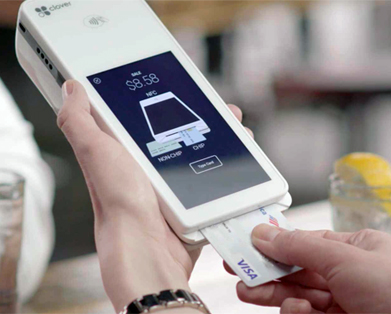Striving to revolutionise banking for millennials in India and globally, neo banks are offering global banking solutions aimed to make cross-border banking smarter, faster and better.
Around $30 billion is remitted outside India per annum, in terms of expenses such as overseas education fees, maintenance of close relatives, investments in foreign equity, deposit, travel etc.
A majority of these remittances happen through public sector banks. These branch-based banks, with legacy technology, involve extensive paperwork. Industry experts say, there is a lack of transparency and an inherent distrust with the banks. There are also various freelancing agents with a network of 100-150 customers. However, such freelancing agents usually end up charging as high as 2-3 per cent per transaction.
Additionally, for people travelling outside the country, three mechanisms are available to exchange currency – Cash, forex and international debit card.
Experts believe cash is purely unsafe to carry and involves markups as high as 6-7 per cent, whereas international debit cards have a cross-currency mark up of 3.5 to 4 per cent, along with a spread of 1-1.5 per cent and are exposed to the daily FX volatility. The forex card, on the other hand, is almost similar to a digital traveller’s cheque. With forex cards, one has to find out which local vendor provides the best rate, pre-decide how much money he/she wants to carry, visit the branch/online and get it loaded. There is no mechanism of keeping a track of transactions and if the money runs out during the trip, it is impossible to reload the card.
To cater to such people, digital financial service providers, neo banks, have been offering cross-border banking solutions, making the process instant, cost-effective and in a digital manner.
Industry experts say, though India marked an exponential growth in digital payments from a mere $1 billion in 2013 to $429 billion in 2019, cross- border banking and outbound remittances are still very costly and inefficient. They involve high markups on currency exchange, lack of transparency on fee structure, complex documentation processes, incompatible formats between domestic and foreign banks, and a low degree of automation in domestic banks’ internal systems.
Founder and CEO of moneyHOP, Mayank Goyal, says, “The days of going through cumbersome and expensive procedures of remittances are finally coming to an end. Striving to revolutionise banking for millennials in India and globally, neo banks offering full-stack global banking solutions aim to make cross-border banking smarter, faster and better.”
What do they offer?
One such digital service provider, moneyHop, provides cross-border digital banking via two products – a web portal and through a mobile app. While the web portal provides cross-border remittances, the digital banking app helps individuals to save, invest, borrow and spend. The application also provides access to multi-currency wallets and no mark-up currency exchange.
Some of these service providers also offer remittance solution for India outbound market. For instance, moneyHOP’s HOPRemit, offers a remittance solution and enables users to remit within minutes.
Additionally, moneyHop also offers a global card along with a global account – mobile app-based digital multi-currency bank account. It is INR savings account with foreign currency pods linked to it. The app enables users to conduct all the day-2-day banking activities such as save, invest, borrow and spend. One can also use either the virtual card on the app to transact using NFC or a contactless physical card to pay at POS, withdraw money or use it for online transactions. The card acts as a debit, credit as well as FX card.
What type of people will benefit from the services offered by these platforms?
Around 30 billion dollars are being remitted outside India for various purpose such as overseas students in form of college fees payment, maintenance of close relatives, travellers (education, leisure and corporate), investment in foreign equities, subscription fees payment for SaaS products, etc. Hence, Goyal says “people transacting money for such reasons will be able to do send and spend money, across the globe through the help of these services, be it sending the money abroad, or on-demand currency exchange.”
This article was originally published by Priyadarshini Maji, financialexpress.com.










